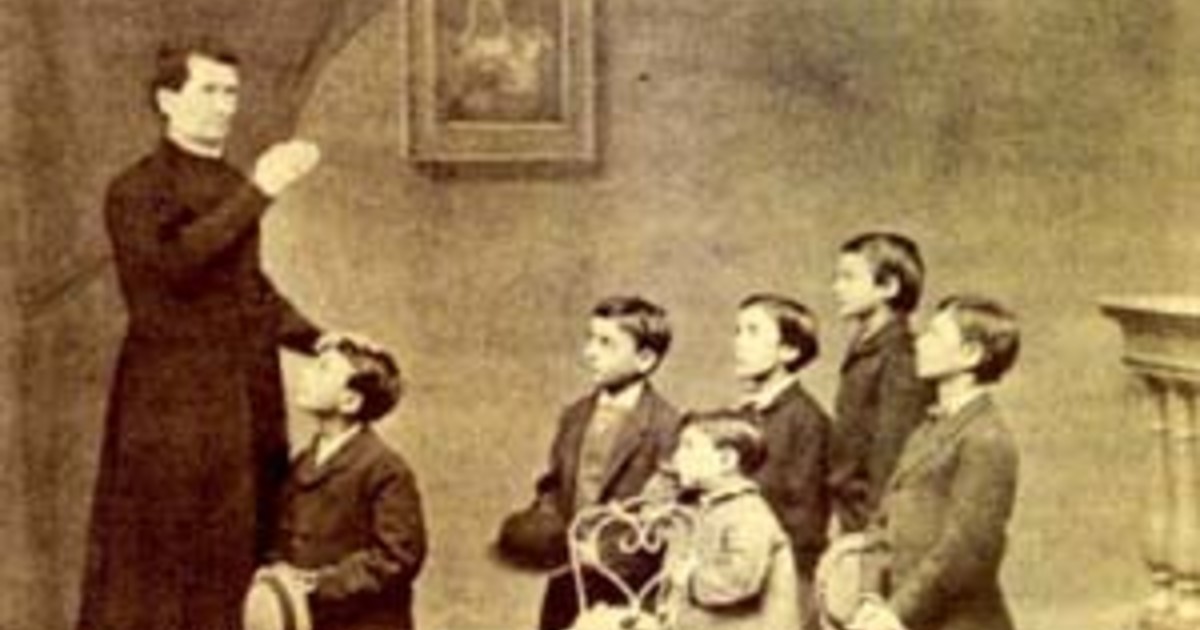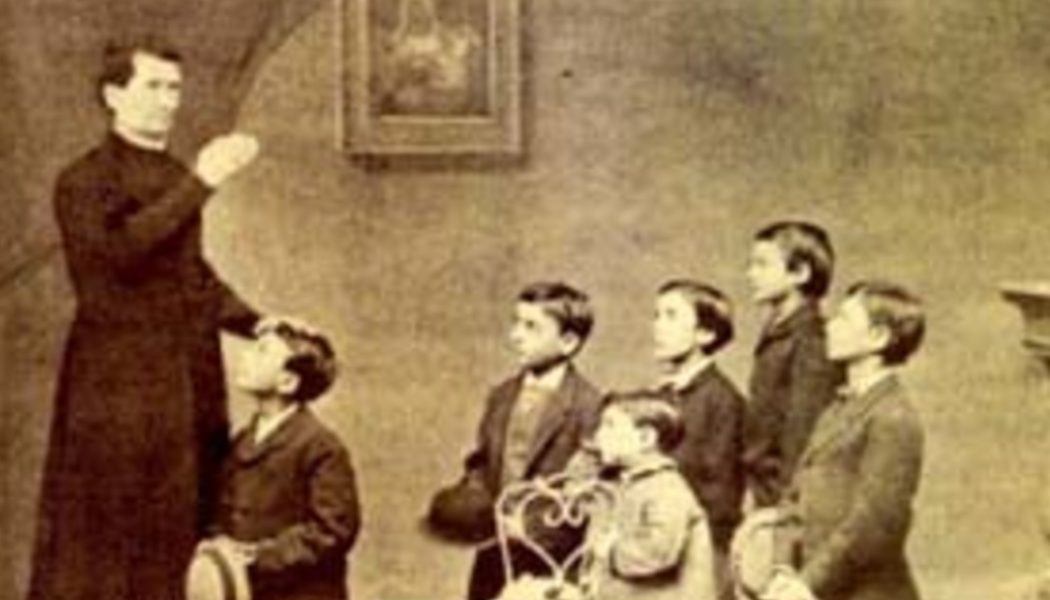
In the book of Deuteronomy God goes to great lengths to emphasize the importance of the “Shema” – Profession of Faith to the Israelites. This creedal statement of faith established how the Israelites were to profess their faith, and in obedience, listen to God.[1] The proclamation of the Shema is a direct acknowledgement and assent of the Kingdom of God and one’s willingness to freely live within it.
The Hebrew translation of the word Shema means to “hear.” Because the Shema also signifies God’s covenant with Israel, it appears that there is urgency in God’s desire to have an intimate relationship with His people. We encounter this both in Moses’ communication with God in Deuteronomy and the fulfillment of this intimate relationship revealed in the Son of God Jesus Christ in His proclamation of the Greatest Commandment to love one another as He has loved us.[2] The commonality between the Shema and the Greatest Commandment I argue express an urgent desire to have a coherent and intimate relationship with the Trinity.
The Deposit of Jesus Christ
A coherence of faith is meaningless unless we understand and recognize the origin of this faith. The Deposit of Faith refers to the teachings of Jesus Christ handed down through word and deed where it receives its identity from Sacred Scripture-the Word of God and Sacred Tradition-the expression, customs, and local tradition handed down by Christ to the Apostles that encompassed a transmission of the Christian faith orally and organically. The Catechism of the Catholic Church defines the Deposit of Faith as the heritage of the faith contained in Sacred Scripture and Sacred Tradition handed on in the Church from the time of the Apostles.[3]
The Early Church Fathers were acutely aware of the need to safe guard the teachings of Jesus Christ and thus maintain an active understanding and interest in the Son of God and what He left for the people of God. Msgr. Eugene Kevane noted that the early process of Christian initiation-Catechumenate required an adherence to the Church which meant almost a separation from the surrounding culture, impregnated with paganism as it was.[4] In his second letter to the Corinthians, St. Paul urges the faithful to be reconciled to Christ and thus become ambassadors in Jesus’ name.[5] St. Paul’s exhortation of sorts is a call to maintain the unity of the teachings of Christ, hence maintain the deposit of faith of Jesus Christ. Part of our baptismal identity is an active participation into the Christian life where we are called to put on the person of Christ.[6] We can see that from the very onset there was a great urgency to assure that anyone and everyone who desired to enter into the Kingdom of God do so with a clear interest in developing an intimate relationship with God’s Son Jesus Christ. Thus, in order to attain a relationship with God the person must not only have a genuine interest in Jesus Christ, but also be willing to spread and safeguard His message to everyone.
Teach Christ with urgency
A parent once asked me how he should teach his seven-year-old son about Jesus Christ. I told him simply, “with urgency.” He was somewhat confused by my response so I elaborated further; if your principal aim, I said, is to simply teach your son about Jesus Christ so he can get through his sacramental years then you’re setting him on a path where he will only ever view Jesus Christ as a subject instead of Jesus Christ the Son of God, the second person of the Trinity. An end result, he will quickly become disinterested in the subject of Jesus Christ. However, I said, if your aim is to get your son to Heaven then you need to provide him opportunities to encounter the person of Jesus Christ who is both fully human and fully divine God and associate the appropriate motives and language of faith rooted in Sacred Scripture, Sacred Tradition, the Mass, the lives of the Saints and specifically explain and reveal the life of Jesus Christ in the Paschal Mystery.
One of the principal ways to a avoid the spiritual or doctrinal trap of disinterest in Jesus Christ is to provide opportunities to respond to the Revelation of God. When God reveals Himself, we are free to respond. When a person responds in faith to God, he also recognizes and assents to the true doctrine of Jesus Christ because this teaching has been divinely revealed. Thus, Jesus Christ is now no longer viewed as invention, He is a way of life and He handed his way of living through the Church.[7]
The urgency to teach the person of Jesus Christ who is God should resound with any one because the final aim is eternity with the Father in heaven. As the Church prescribes that a parent should exercise urgency to baptize their infant child within a brief period of time after birth, this same urgency never dissipates to assist anyone develop a fruitful and faithful devotion and intimate relationship with Jesus Christ.
The catechetical disposition of anyone involved in the teaching of religion which naturally includes all parents as primary educators should be one of urgency. Why? Because when the soul of a child is encountered, the religion teacher-catechist should immediately provide the child with an opportunity to know God through His Son Jesus Christ. The apex of this opportunity is directed toward a proper Eucharistic understanding of the Incarnation-the Word made flesh. St. Paul tells us;
Therefore, if anyone is in Christ, he is a new creation; the old has passed away, behold, the new one has come. And all this is from God, who through Christ reconciled us to himself and gave us the ministry of reconciliation, that is, in Christ God was reconciling the world to himself, not counting their trespasses against them, and entrusting to us the message of reconciliation. So, we are ambassadors for Christ, God making his appeal through us. We beg you on behalf of Christ, be reconciled to God. For our sake he made him to be sin who knew no sin, so that in him we might become the righteousness of God.[8]
God assumed a human nature to become like us in all things except sin through His Son Jesus Christ. This specific teaching of the Church is very important for every child to know and understand because it demonstrates how much God loves us that He was willing to sacrifice His only-begotten son so that we may come to know God fully through Jesus Christ. The urgency to teach the person of Jesus Christ who is God requires four things:
One: we must be distinct when we teach about Christ. Christ is a real person who was both God and man.
Two: the religion teacher-catechist must himself be genuinely interested in Christ both personally through his Christian witness and what he proclaims in fidelity to the Church.
Three: the religion teacher must proclaim the kerygma and have a sound knowledge of what the Gospels reveal to us about Jesus Christ.
Four: the religion teacher must be genuinely interested in leading their students to heaven.
Therefore, be imitators of God, as beloved children. And walk in love, as Christ loved us and gave himself up for us, a fragrant offering and sacrifice to God.
Eph 5:1-2
[3] CCC 84, 1202
[4] Kevane, Msgr. Eugene, The Deposit of Faith, (Indiana, Author House, 2004), p. 91
[8] 2 Cor 5:14-21
Join Our Telegram Group : Salvation & Prosperity








